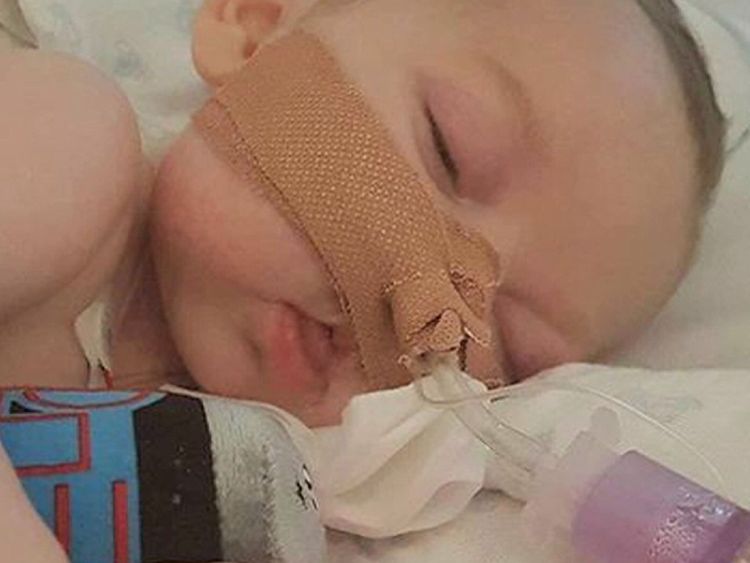New research into a therapy for the currently untreatable mitochondrial depletion syndrome is to be funded by a UK charity.
The Lily Foundation provides help and support for families affected by the genetic disease.
The condition was brought into sharp focus by the case of Charlie Gard, who died a week before his first birthday as his parents fought to allow him to be treated in the US with a new form of treatment called nucleoside therapy.
Liz Curtis, founder of the foundation named after the daughter she lost at just eight months, says the research could provide the help families like hers so desperately need.
“Currently there are no treatments, and there is no cure for mitochondrial disease,” she said.
“So we need to keep looking to find something that will improve the quality of life for the families and the children who are suffering.”
The research, jointly funded by the Australian Mitochondrial Disease Foundation, will be undertaken at the Wellcome Centre for Mitochondrial Research in Newcastle.
Professor Robert McFarland from the centre hopes that it could expand the effectiveness of the therapy.
He said: “What’s available at the moment is very limited for a very specific form of mitochondrial DNA depletion syndrome.
“What we hope is the molecules that we are developing and testing in these cell will be much more effective at doing this job of repleting mitochondrial DNA and that we will be able to look at outcome measures in patients that will tell us if it’s been effective.”
Former Hollyoaks star Colin Wells and his actress wife Joanna have two children with the syndrome.
Rachael and Jo-Jo weren’t diagnosed until their teens, and said often the doctors they first visited were not aware of the condition.
They have both provided tissue samples to help scientists find a way to make the treatments more readily accepted by the body.
“It’s crucial research,” says Rachael, now 20. “And not only could it help people like me and my brother, it could mean advances in treatments for ageing, and even cancers.”
Mum Joanna sums it up succinctly when she says the therapy could be “the difference between life and death”.
The Wells family, and dozens of others facing similar challenges, attended a weekend of seminars and workshops provided by The Lily Foundation at a Midlands hotel this weekend.
For them, and thousands of others like them, the new research provides the potential hope of an effective treatment – or even a cure.
From – SkyNews


